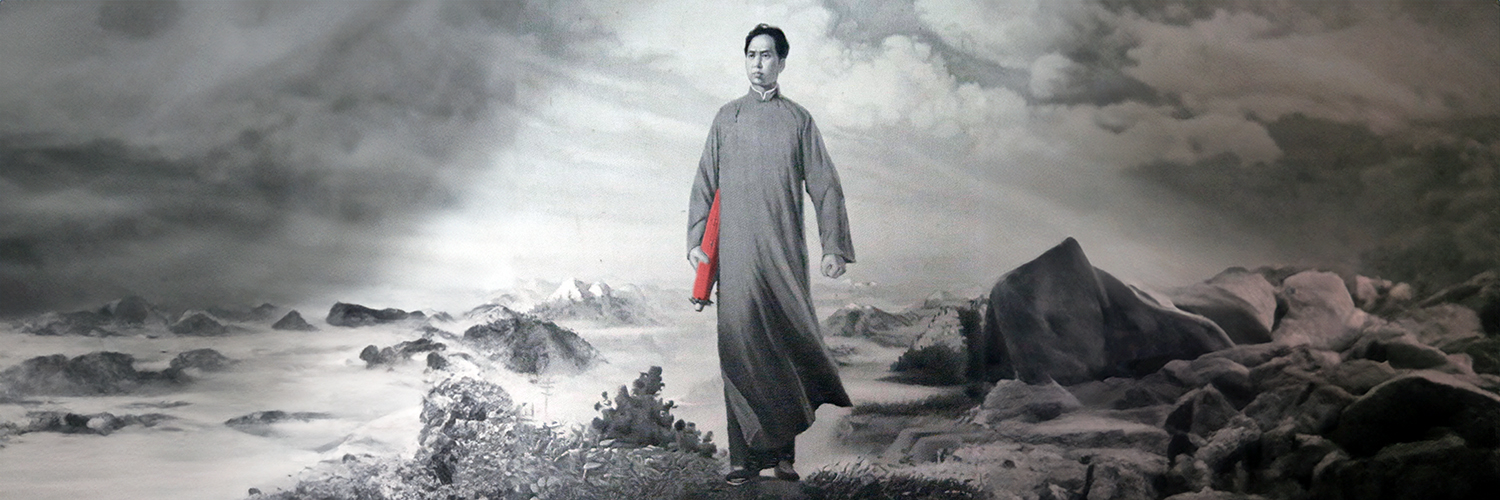If a foreigner is not familiar with xiēhòuyǔ and its ambiguity, this can easily lead to more or less serious misunderstandings:
In the spring of 1971 - in the run-up to the historic first visit by an American president to the People's Republic of China - the American journalist Edgar Snow conducted an exclusive interview with the Chairman of the Chinese Communist Party, Mao Zedong. An oft-quoted sentence from this legendary interview turned out to be a gross mistranslation. Snow wrote that Mao saw himself as a "lonely monk with an umbrella full of holes" ("As he politely escorted me to the door, he said he was not a complicated man, but really very simple. He was, he said, just a lonely monk going through the world with an umbrella full of holes." Life magazine, special edition Inside China, vol. 70, 4 April 1971, p. 48).
It was not until December 1990 that this misunderstanding was clarified by Gong Yuzhi 嚒育之 (1929-2007), a renowned historian of the party history of the Communist Party of China who had attended the interview, in a letter to the editor of the Beijing People's Daily (Renminribao). Mao had quoted the first part of a xiēhòuyǔ and described himself as a "Buddhist monk with an umbrella" (héshang dǎsǎn 和尚打伞). The second part, which Mao did not say, is "has neither hair nor sky" (wú fà wú tiān 无发无天). A Buddhist monk has a shaved head, the umbrella blocks his view of the sky. The image described in the A part has no metaphorical function here, but merely serves as a hook for a witty linguistic game based on the homoiophony of "hair" (发 fà) and "law" (法 fǎ). The four-part idiom (chéngyǔ) wú fǎ wú tiān 无发无天 means "defying earthly and heavenly laws; lawless" or "omnipotent".
In other words, Mao did not feel lonely at all, but jokingly but blatantly referred to his unlimited power. However, the image of the "lonely monk wandering the world with an umbrella full of holes" has taken on a life of its own and can still be found in the Western press decades later (see Die Zeit of 7 January 1994, http://www.zeit.de/1994/02/maos-spucknapf).




